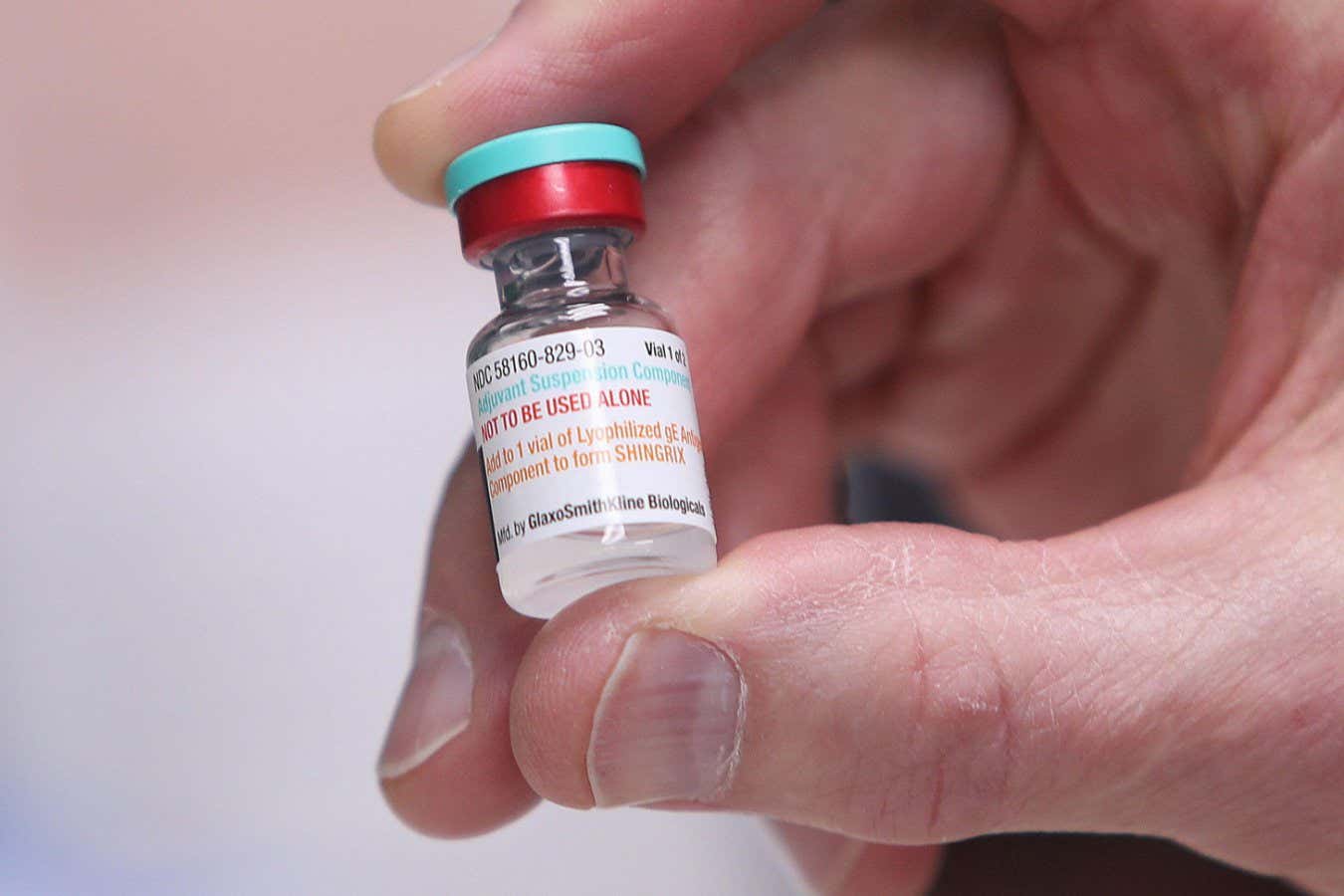
EVIDENCE MOUNTS THAT SHINGLES VACCINES PROTECT AGAINST DEMENTIA
The latest shingles vaccine may delay or possibly even prevent the onset of dementia more effectively than an older version.
Being vaccinated against shingles has been linked to dementia protection before. Now, it seems that a vaccine called Shingrix, which has been available since 2017, reduces the risk of developing the condition in the next six years by 17 per cent more than an older vaccine called Zostavax.
Shingles occurs when the varicella-zoster virus, which causes chickenpox and stays in the body, becomes reactivated at a time when the immune system is weakened, such as when someone is stressed or having chemotherapy. This results in a painful rash, which can sometimes get infected or scar.
We may finally know how cognitive reserve protects against Alzheimer's
Why does mental effort lead to a more resilient brain that can withstand dementia and decline? We are now discovering the mechanisms behind this cognitive reserve, opening up new ways to boost it
With the risk of shingles increasing with age, physicians generally recommend that older people - aged 50 in the US and 65 in the UK - receive a vaccination against the virus and a booster about six months later.
Until seven years ago, the most common vaccine, Zostavax, was based on a live virus. Studies found that this appeared to be associated with a reduced risk of dementia, although connections between different types of vaccines and dementia have been the subject of controversy.
Recently, multiple countries have been phasing out Zostavax in favour of the more effective Shingrix. This is a recombinant vaccine, where a small piece of DNA is taken from the pathogen and inserted into bacterial or yeast cells, which then produce its proteins. These then trigger an immune response in the body.
Wanting to know how this vaccine might affect dementia risks, Maxime Taquet at the University of Oxford and his colleagues collected the medical records of 103,837 individuals in the US who were immunised after the launch of the recombinant vaccine in November 2017 and another 103,837 who were immunised prior to that.
They then selected 100,532 people in each group, average age 71, who received a shingles vaccine during each time period and excluded anyone who received both types.
When looking at the medical records following the first shingles vaccination, the team found that those immunised after November 2017 were 17 per cent less likely to develop dementia over the next six years than those who were vaccinated before. The reduced risk may have extended beyond the six years, but a fall in the number of participants meant the researchers didn’t study that.
Women seem to particularly benefit from the newer vaccine, despite both sexes going on to have a similar rate of shingles.
The reasons for the risk reduction are unclear, although it is possible that herpes zoster infections contribute to dementia, so the vaccine that more effectively protects against the virus also better wards off dementia, says Taquet.
Read more
The 5 best things you can do to boost the chance of a vaccine working
The study is thorough and well carried out, even though it is based on medical records that do not provide other important information, such as people’s physical activities and diets, says Pascal Geldsetzer at Stanford University in California. People who lead healthy lifestyles, which may reduce the risk of dementia, could have also waited for the more effective vaccine to come out, he says.
But Richard Lathe at the University of Edinburgh in the UK points out that multiple kinds of vaccines are associated with reduced dementia rates. For example, the Bacillus Calmette-Guérin (BCG) vaccine, which protects against tuberculosis and can be used to treat bladder cancer, has been linked to a 45 per cent reduced dementia risk.
The results could therefore be due to vaccines giving the body a general immune boost rather than protection from shingles specifically reducing our dementia risk, says Lathe.
Journal reference:
Nature Medicine DOI: 10.1038/s41591-024-03201-5